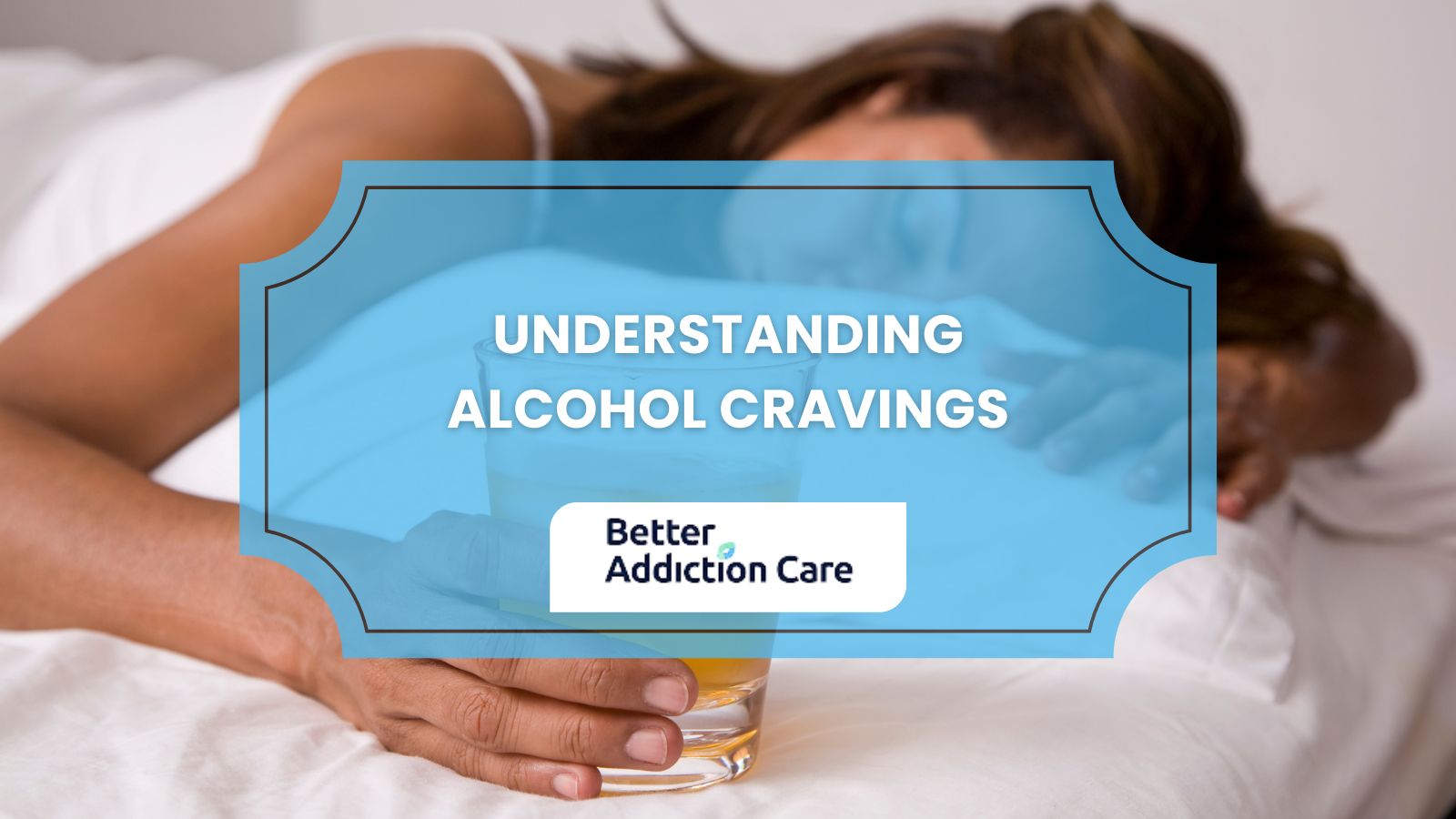Alcohol Damage: Effects on Body, Mental Health Impact, Growth and Long-Term Risks
Alcohol damage refers to the harm that excessive alcohol use causes to different bodily systems and organs. It is well-known that alcohol consumption leads to liver damage, which manifests in various ways, such as fatty liver disease, alcoholic hepatitis, cirrhosis, and more serious illnesses. Elevated blood pressure, arrhythmias, and an increased risk of cardiovascular events, including heart attacks and strokes, are all symptoms of chronic alcoholism. In addition, alcohol is known to irritate the lining of the digestive tract, which can lead to gastritis, ulcers, and pancreatitis.

Alcohol makes it very hard to remember things, control your emotions, and think clearly. Long-term drinking can cause mental illnesses like Wernicke-Korsakoff syndrome, anxiety, and depression.
Fetal alcohol syndrome can happen if a mother drinks alcohol while she is pregnant. This can lead to congenital disabilities, developmental delays, or problems that last a person's whole life. Remember that drinking alcohol can have many effects on your body, mind, and development, so you must abstain or moderate your alcohol consumption to prevent alcohol damage.
What are the effects of Alcohol Damage on the Body?
The effects of alcohol damage on the body are mental and physical, such as brain function, leading to memory loss, poor coordination, and an increased risk of mental disorders. The cardiovascular system includes high blood pressure, irregular heartbeat, and heart disease. The liver is especially vulnerable, with conditions like fatty liver, hepatitis, and cirrhosis developing over time. Digestive issues, including ulcers and increased cancer risk, are also common. Long-term alcohol abuse can lead to irreversible organ damage and serious health complications.
Heavy drinkers often have stomach problems like pancreatitis, ulcers, gastritis, and a higher risk of getting several types of cancer. The neurological effects of alcohol can amplify the severity of anxiety, sadness, and other mental health issues, as well as cause debilitating conditions like Wernicke-Korsakoff syndrome.
Regularly drinking alcohol is bad for the body's metabolic system. When the breakdown of alcohol throws off the balance between glucose and insulin, it increases the risk of developing type 2 diabetes and insulin resistance.
Consuming an excessive amount of alcohol is not only associated with an increased risk of fatty liver disease and hyperlipidemia, but it also causes disruptions in the breakdown of lipids, which ultimately results in greater levels of triglycerides.
Concerning the health of the liver, even if it is essential for the liver to break down alcohol, overindulging overwhelms it and sets off a series of negative consequences. Initially, fatty liver disease, or alcoholism, can result from fat building up in liver cells.
Keep in mind that persistent abuse can lead to more severe conditions like cirrhosis, in which good liver tissue is replaced with scar tissue and liver function is progressively decreased.
Juxtaposed, drinking in moderation -or not drinking at all is important for protecting your health and preventing the negative consequences of alcohol.
The table below shows the physical damage of alcohol to the body.
Body System |
Alcohol Damage |
|
Cardiovascular |
Elevated blood pressure, irregular heart rhythms, and increased risk of stroke and heart disease. |
|
Digestive |
Gastritis, ulcers, pancreatitis, and increased susceptibility to certain cancers. |
|
Neurological |
Impaired cognitive function, memory, and emotional regulation, increased risk of neurological disorders like Wernicke-Korsakoff syndrome. |
|
Metabolic |
Insulin resistance, increased risk of type 2 diabetes, and disrupted lipid metabolism leading to hyperlipidemia and fatty liver disease. |
|
Liver |
Fatty liver disease, alcoholic hepatitis, cirrhosis, liver failure. |
What are the effects of Alcohol Damage on mental health?
The effects of alcohol damage on mental health after excessive drinking include impaired memory, thinking, and emotions. Drunk people lose their equilibrium, speak mumbledly, and make lousy decisions, making them more likely to get injured. A lifetime of drinking can cause memory and thinking problems that get worse over time.
There is also a strong link between drinking and mental health issues. It makes depression and anxiety worse, making symptoms worse. Chronic alcohol use also increases the risk of mood disorders and helps people who are already more likely to get them go through psychosis.
Alcohol withdrawal has a significant effect on mental health, leading to signs like agitation, hallucinations, and, in the worst cases, seizures. It can be hard to stop drinking, and these withdrawal signs can make mental health problems worse.
Drinking alcohol can hurt your mind in many different ways, including your emotions, thoughts, and behavior. This shows how important it is to drink in balance and get help if you're having mental health issues because of drinking.
The table below shows the effect of Alcohol Damage to the mind.
Aspect |
Alcohol Damage |
|
Cognitive Function |
Impaired memory, decreased attention span, difficulty with problem-solving and decision-making, confusion, and slowed reaction times. |
|
Emotional Regulation |
Increased impulsivity, mood swings, heightened aggression or irritability, decreased ability to cope with stress. |
|
Psychological Health |
Depression and anxiety worsen, mood disorders increase, psychosis risk rises, and alcohol-induced dementia can occur. |
What are the Effects of Alcohol Damage on Growth?
Alcohol affects growth in many ways, even the growth of teenagers and the development of fetuses. If someone drinks too much, especially when they're young, it can throw off their hormones, slow their growth, make it harder for their bones to form properly, and remove muscle from their body. Alcohol damage on growth delays their start of puberty.
Teenagers are especially likely to get sick from drinking because their brains are still developing. Future success could be at risk if this fight hurts your mind, makes learning hard, or causes you to get bad grades.
Big events in your life have been related to an increased likelihood of feeling nervous and depressed after drinking. If your mental stability is low, it may be more challenging to manage stress and other mental health issues.
Fetal alcohol spectrum disorders (FASDs) can result in a variety of mental, behavioral, and physical difficulties in a developing child. To avoid these issues, pregnant women should avoid drinking alcohol.
The table below shows the effects of Alcohol damage on growth.
|
Aspect |
Alcohol Damage |
|
Physical Growth |
Delayed or stunted growth, hindered bone development, reduced muscle mass, hormonal disruptions |
|
Fetal Development |
Fetal alcohol spectrum disorders (FASDs) lead to physical, cognitive, and behavioral abnormalities. |
What are the Long-term Risks of Alcohol Damage?
Long-term alcohol use leads to serious health consequences across multiple organ systems. long-term alcohol use increases the risk of heart disease by raising blood pressure and damaging the heart muscle, which can result in heart attacks, strokes, and heart failure. The liver, which metabolizes alcohol, is especially vulnerable. Chronic drinking causes fatty liver, alcoholic hepatitis, cirrhosis, and liver cancer.
Alcohol also disrupts the gastrointestinal system, leading to chronic inflammation, nutrient malabsorption, and increased risk of digestive diseases. The brain is affected through impaired communication between neurons, increasing the risk of cognitive decline, depression, and alcohol-related brain damage. Additionally, alcohol misuse can disturb hormone regulation, contributing to diabetes, reproductive issues, and thyroid dysfunction.
Listed below are the long-term risks of Alcohol Damage.
- Heart disease, stroke, and high blood pressure
- Liver conditions: fatty liver, hepatitis, cirrhosis, liver cancer
- Gastrointestinal inflammation and malnutrition
- Brain damage, memory loss, and mental health disorders
- Hormonal imbalance and increased risk of diabetes
- Cancers (liver, breast, colorectal)
- Peripheral neuropathy and nervous system disorders
- Reproductive dysfunction and delayed puberty
How to Prevent Alcohol Damage?
Adopting sensible drinking habits and leading a healthy lifestyle are crucial to preventing alcohol damage.
Listed below are 6 ways to prevent alcohol damage.
1. Moderate Drinking: Limit alcohol consumption to moderate amounts. Most adults define moderate drinking as up to one drink per day for women and two drinks per day for men. Understanding what constitutes a typical drink size and adhering to these guidelines is critical.
2. Know Your Limits: Understand your alcohol tolerance and know when to stop. Avoid binge drinking or ingesting high amounts of alcohol, as this can dramatically raise the risk of alcohol-related damage.
3. Avoid Mixing Alcohol with Drugs: Some drugs may result in dangerous effects when mixed with alcohol. Before taking alcohol, always read the medicine label and check with a healthcare practitioner about any possible interactions.
4. Plan Ahead: If you intend to have social drinks, make arrangements for safe transportation. Designate a sober driver, take public transit, or arrange a ride-sharing service to guarantee you arrive home safely and without driving under the influence.
5. Seek Support: If you struggle to regulate your alcohol intake or have concerns about it, seek help from friends, family, or a healthcare professional. Those who have an alcohol use disorder can also access support groups and treatment programs.
6. Avoid Alcohol in Pregnancy: If you are pregnant or want to become pregnant, avoid alcohol altogether. Fetal alcohol spectrum disorders (FASDs) can arise when alcohol is used during pregnancy, resulting in significant developmental difficulties for the newborn.
You can limit the risk of alcohol-related harm to your health and well-being by taking these precautions and making educated drinking decisions.
Is Alcohol Damage Reversible?
Yes, alcohol damage is reversible depending on early detection, the degree of damage to the person's health, and the length of time they took the drug. Alcohol-related damage can be irreversible in some cases, but with the correct combination of lifestyle changes and medical care, it can be reversible in others.
Fatty liver disease and other forms of early liver damage can be treated and improved upon when one gives up drinking and leads a healthy lifestyle. When alcohol abuse turns into cirrhosis or alcoholic hepatitis, there may be long-term effects even after drinking stops.
People whose alcoholism has caused cognitive problems can get help through programs for sobriety and recovery. However, if the damage is too big or lasts too long, the problems may not go away.
If you're having health issues because of your drinking, you should see a doctor and get help. Many people can get well and live better with prompt intervention, behavioral modifications, and the right medical care. Still, the best way to lessen the bad effects of alcohol is to either abstain or drink in moderation.







